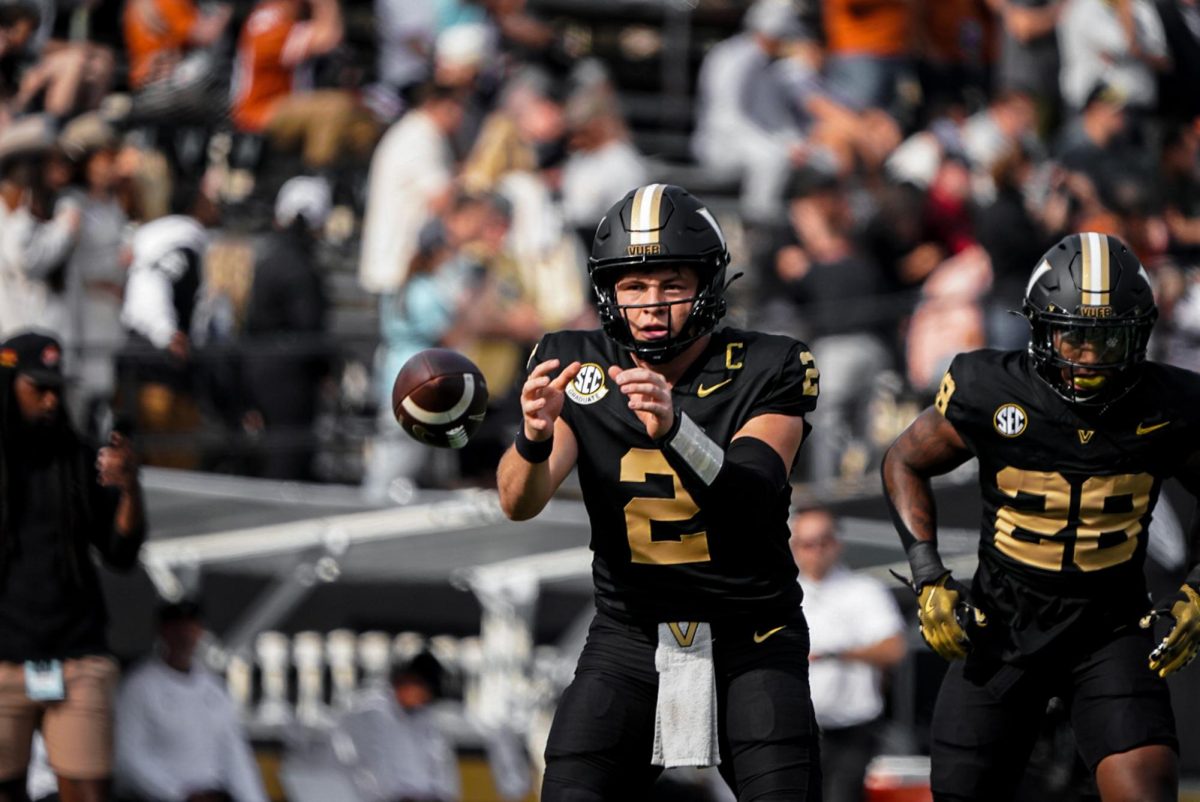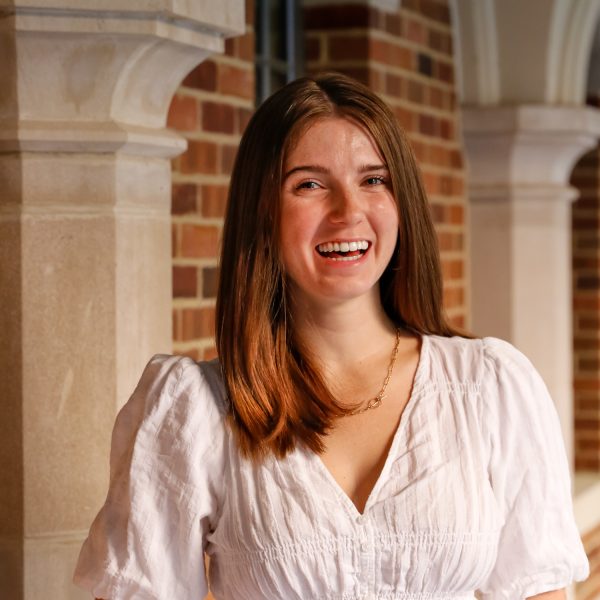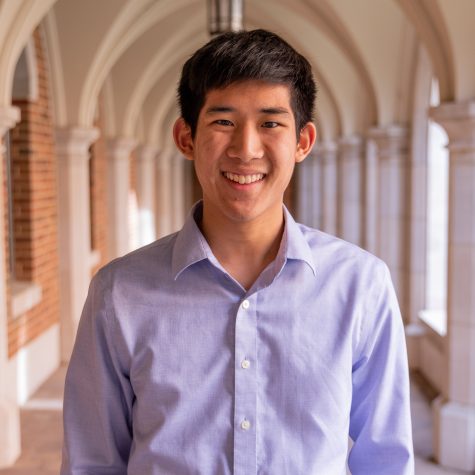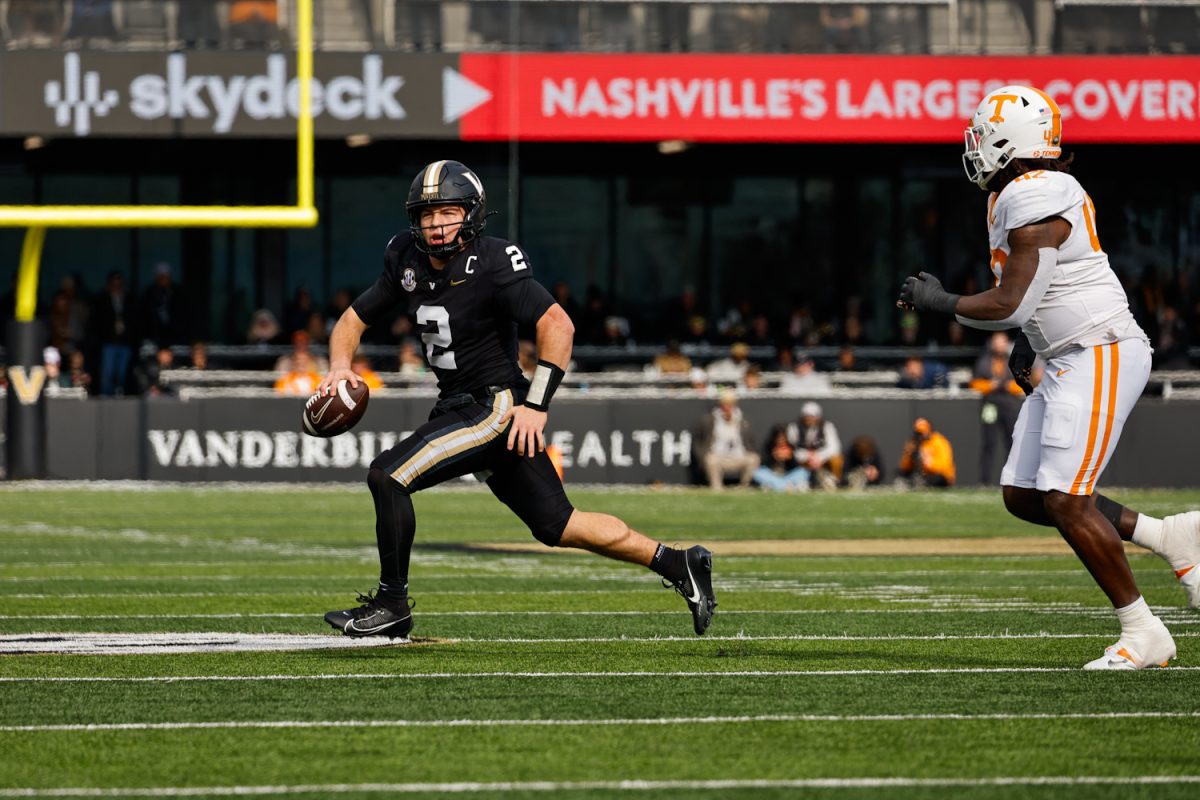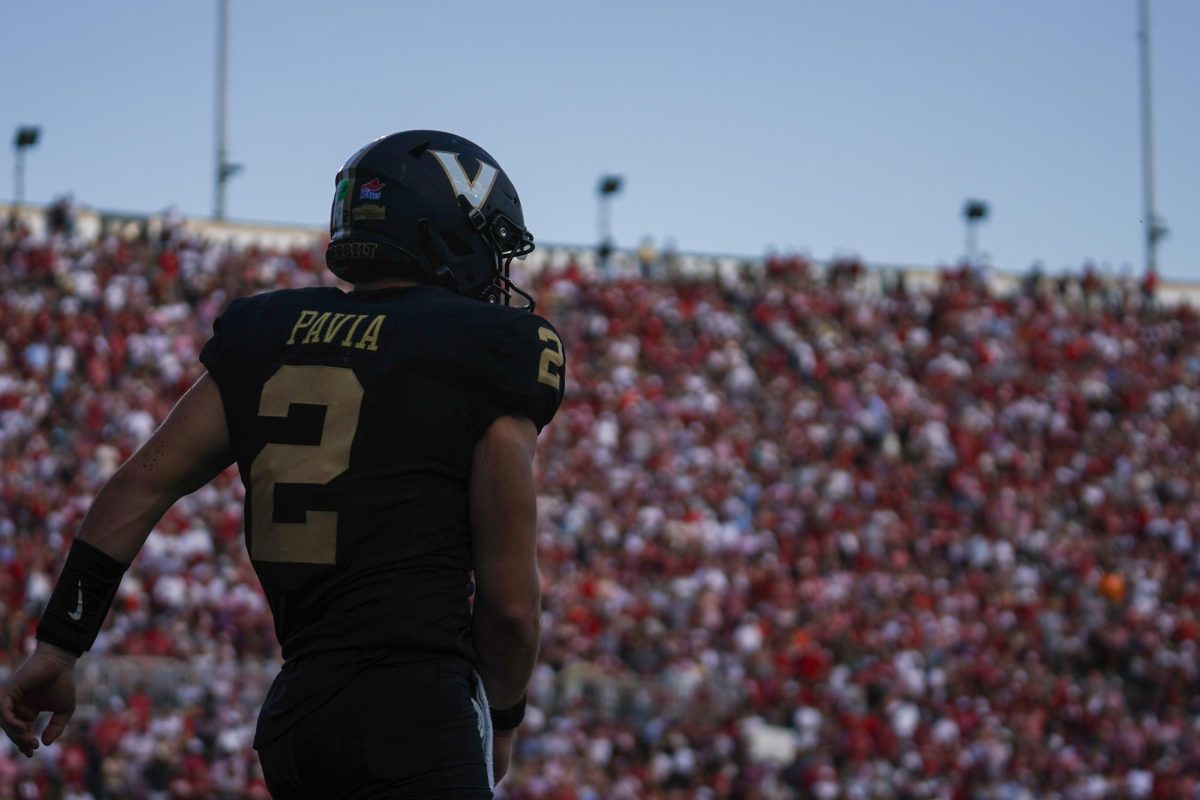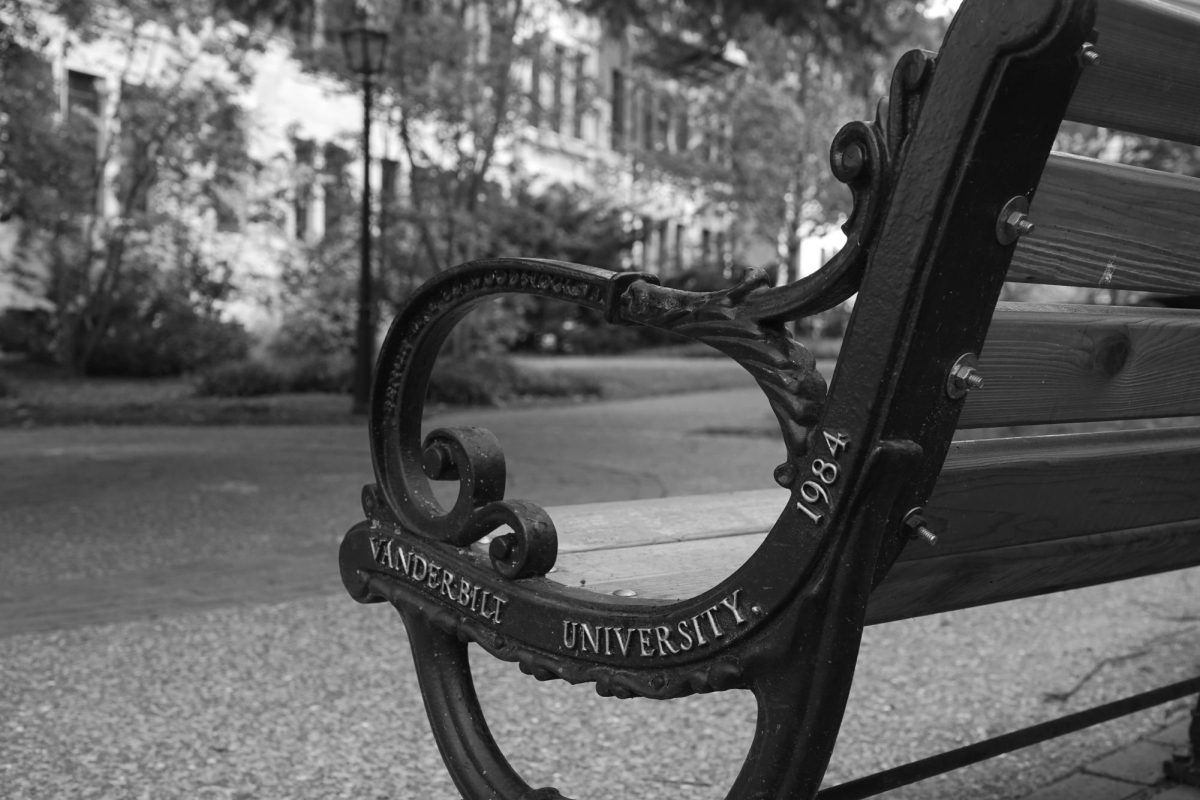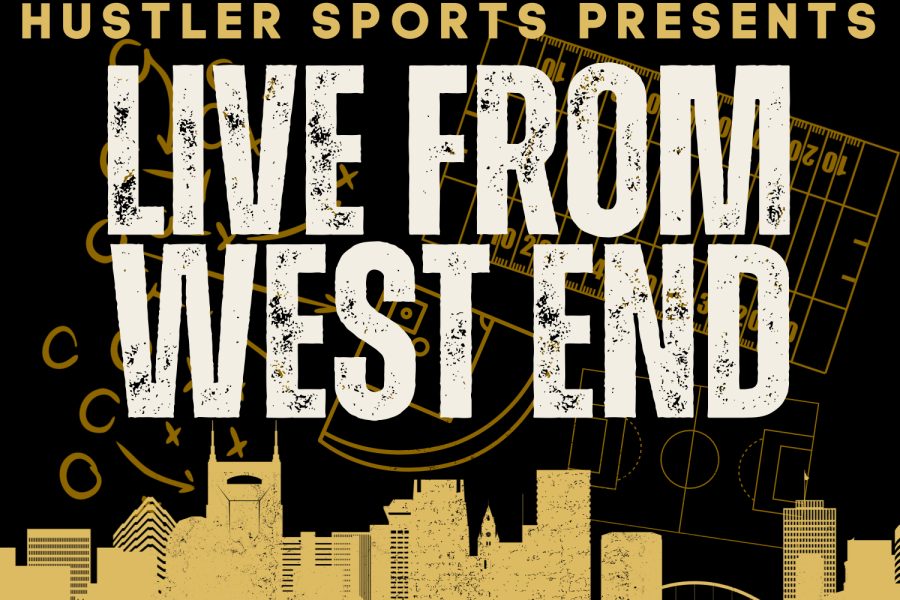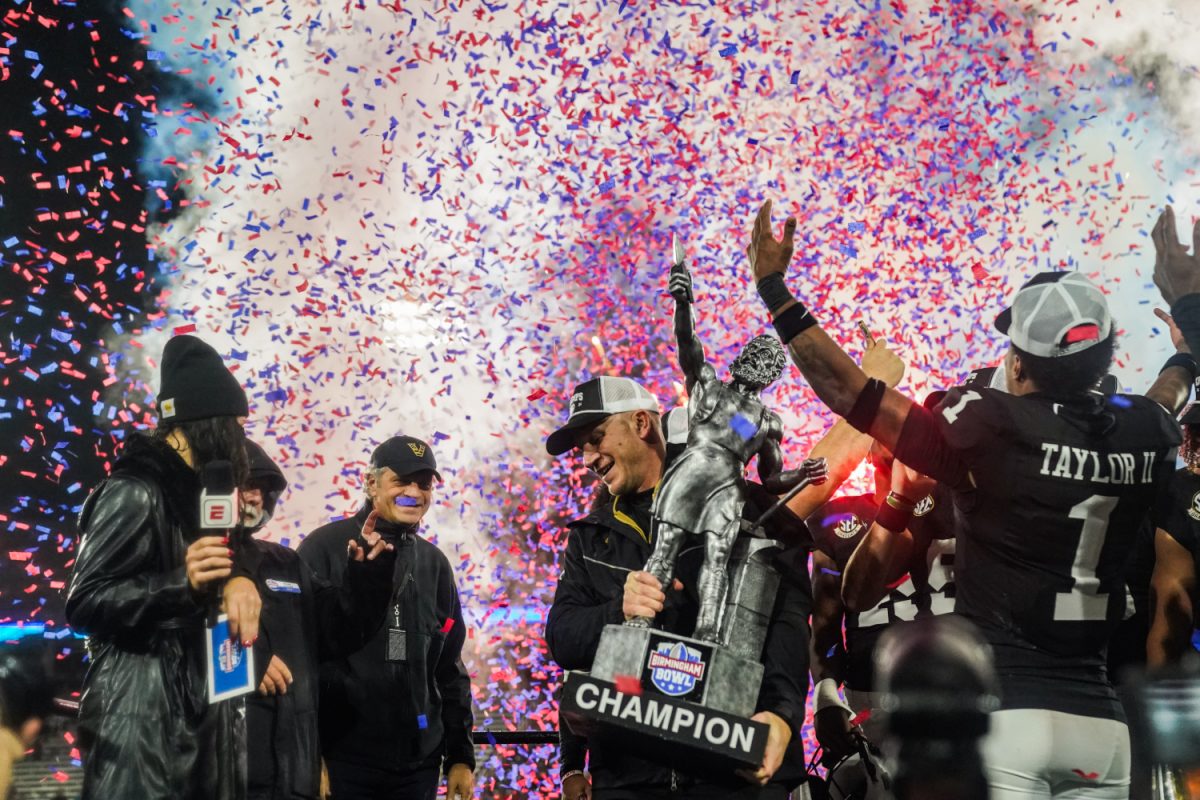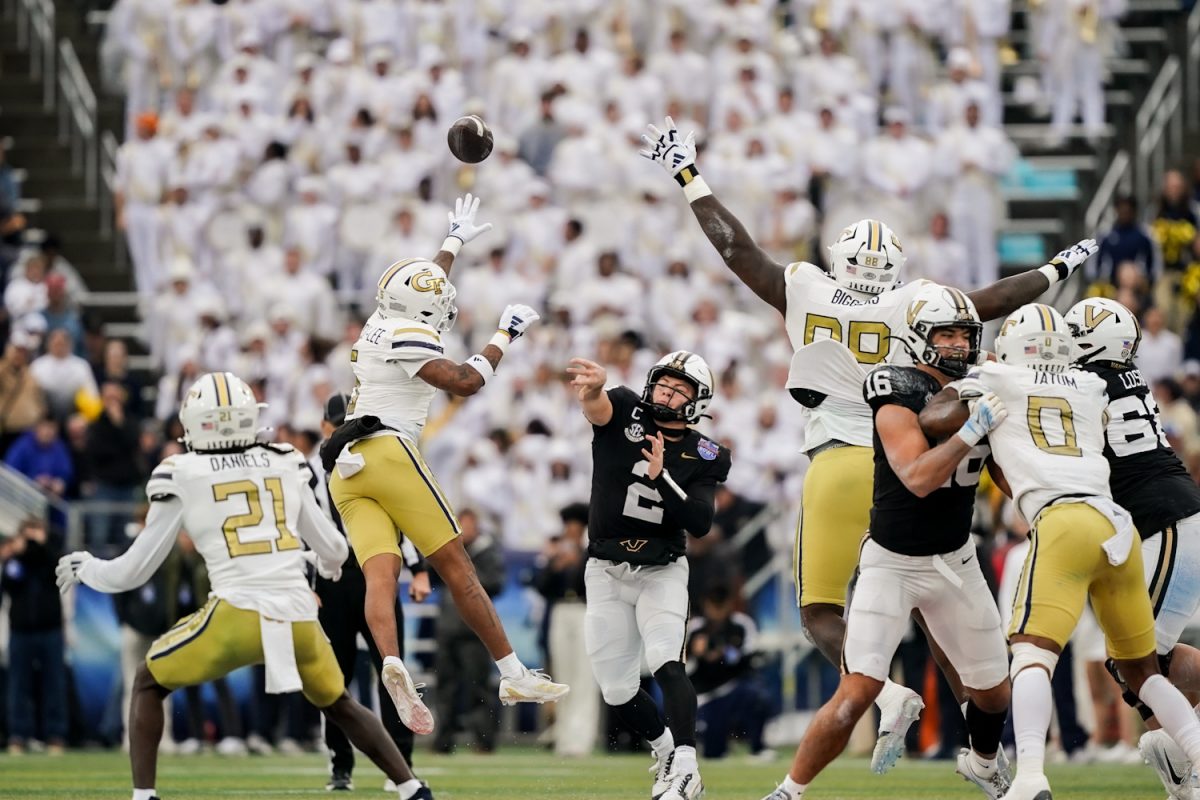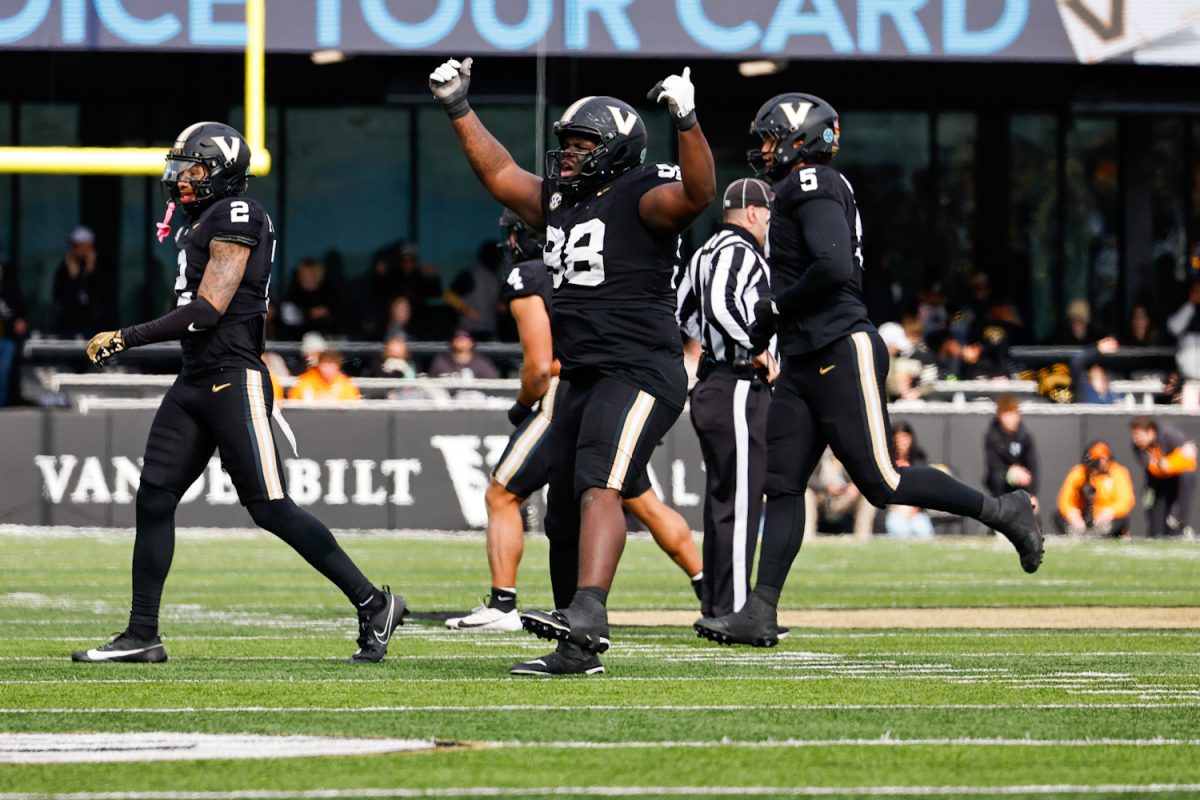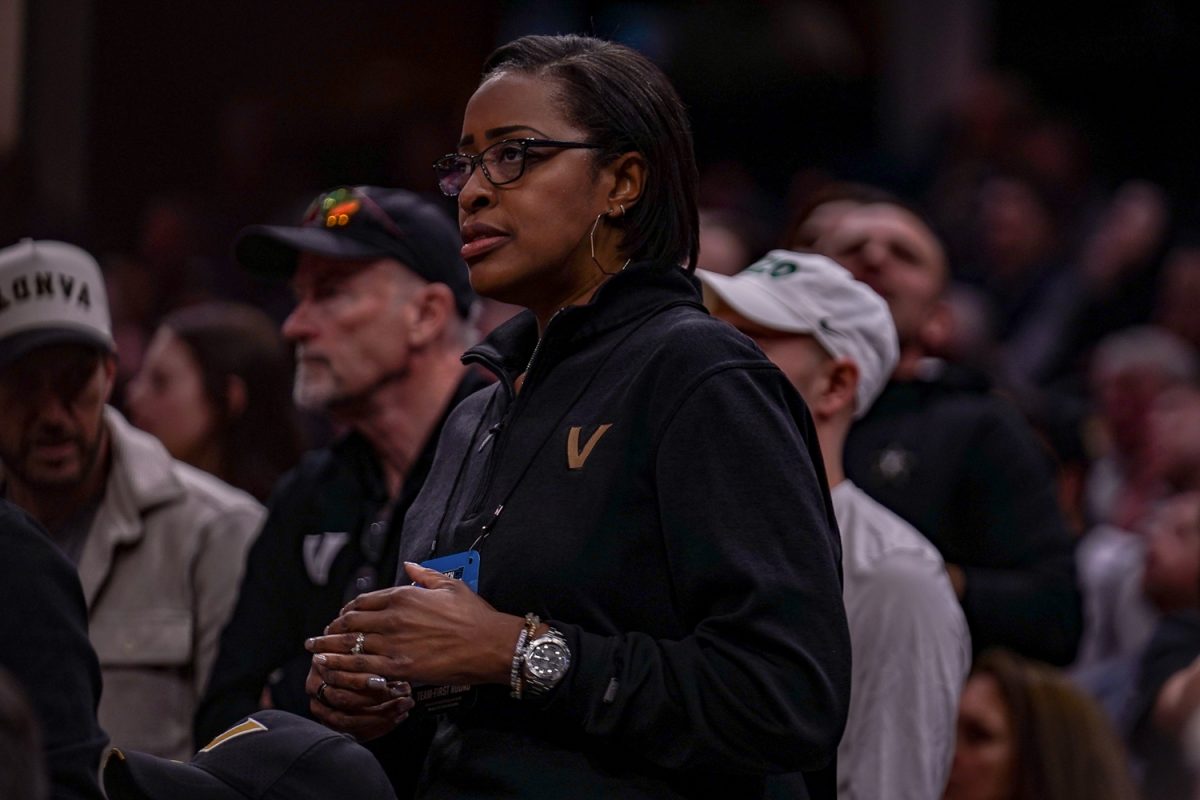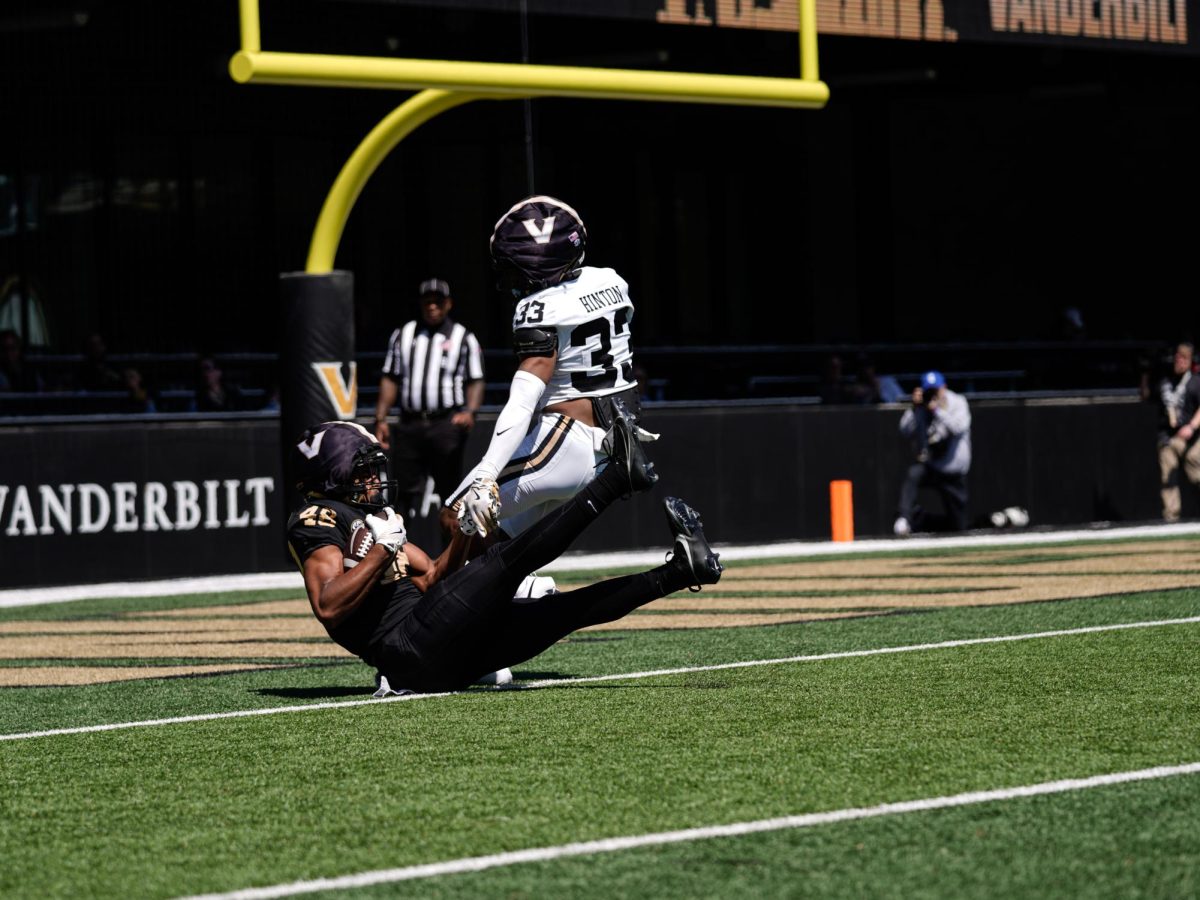Diego Pavia, a rising star in the FBS and Vanderbilt’s starting quarterback, sued the NCAA today to challenge its “Five Year Rule” policy, Bylaw 12.8, in the 2024-25 NCAA Divison I Manual. He argues that the NCAA violates Section 1 of the Sherman Act, a federal antitrust law, by equating a year in junior college to a year at an NCAA school, thereby precluding athletes who transfer from junior colleges from the same “meaningful opportunities” under NIL.
The lawsuit asks the court to grant an immediate injunction of the current NCAA bylaws. This would allow Pavia to negotiate for NIL contracts under his extra year of eligibility. The second count on the lawsuit asks the court to rule for an additional fifth year of NCAA eligibility in 2026-2027 as a redshirt.
Dozens of anti-trust lawsuits have been filed against the NCAA since 2021 when the U.S. Supreme Court opened the door to compensation through NIL to college athletes. Salvador Hernandez (J.D. ‘99) and Ryan Downton (B.S. ‘98, MBA ‘99) represent Pavia in this action. Downton commented on the reasoning behind the case in a press release.
“JUCO football is not a reasonable equivalent to NCAA Division I college football, and the NCAA Bylaws eliminating eligibility based on JUCO seasons are no longer valid restrictions under the United States antitrust laws,” Downton said. “The restrictions in this case are no different [than] other transfer restrictions eliminated by the NCAA earlier this year after a court’s entry of a temporary restraining order in the State of Ohio v. NCAA case.”
Pavia started his collegiate football career as a third-string quarterback at New Mexico Military Institute, a junior college, in 2020. He transferred to New Mexico State University in 2022. After two seasons there, he now starts for Vanderbilt.
Because the NCAA bylaws restrict an athlete to five years of eligibility for four seasons of play in their sport, starting when the athlete registers at any institution as a full-time college student, Pavia’s eligibility expires at the end of the 2024 season. These bylaws do not specify that an institution must be an NCAA affiliate.
Downton told The Hustler about the timing of — and Pavia’s intent behind — the lawsuit.
“Part of our motivation for the filing now is he [Pavia] wants to stay at Vanderbilt, and he needs the time to negotiate with Vanderbilt on issues,” Downton said. “He wants to be here [at Vanderbilt], and so we need a court to [allow the sides to negotiate] because you can’t negotiate with someone who has no eligibility left.”
Pavia hopes the court will intervene quickly so he can negotiate NIL deals before the transfer portal opens on Dec. 9.
“I would like to return to Vanderbilt next year but need time to negotiate NIL deals before the transfer portal opens,” Pavia said. “If the transfer portal opens before I can complete negotiations with Anchor Impact, I will be trapped between abandoning those negotiations or foregoing possible opportunities with other colleges who may recruit other quarterbacks out of the transfer portal before I can enter.”
Vanderbilt football head coach Clark Lea issued a statement of support for the lawsuit.
“Diego is a strong leader and great player for the Vanderbilt program, and I would love to have him back next year,” Lea said. “However, I cannot leave the team and program in limbo while an extended process plays out for Diego. Unless and until Diego gets a court ruling in his favor, I must proceed with building a roster without him.”

